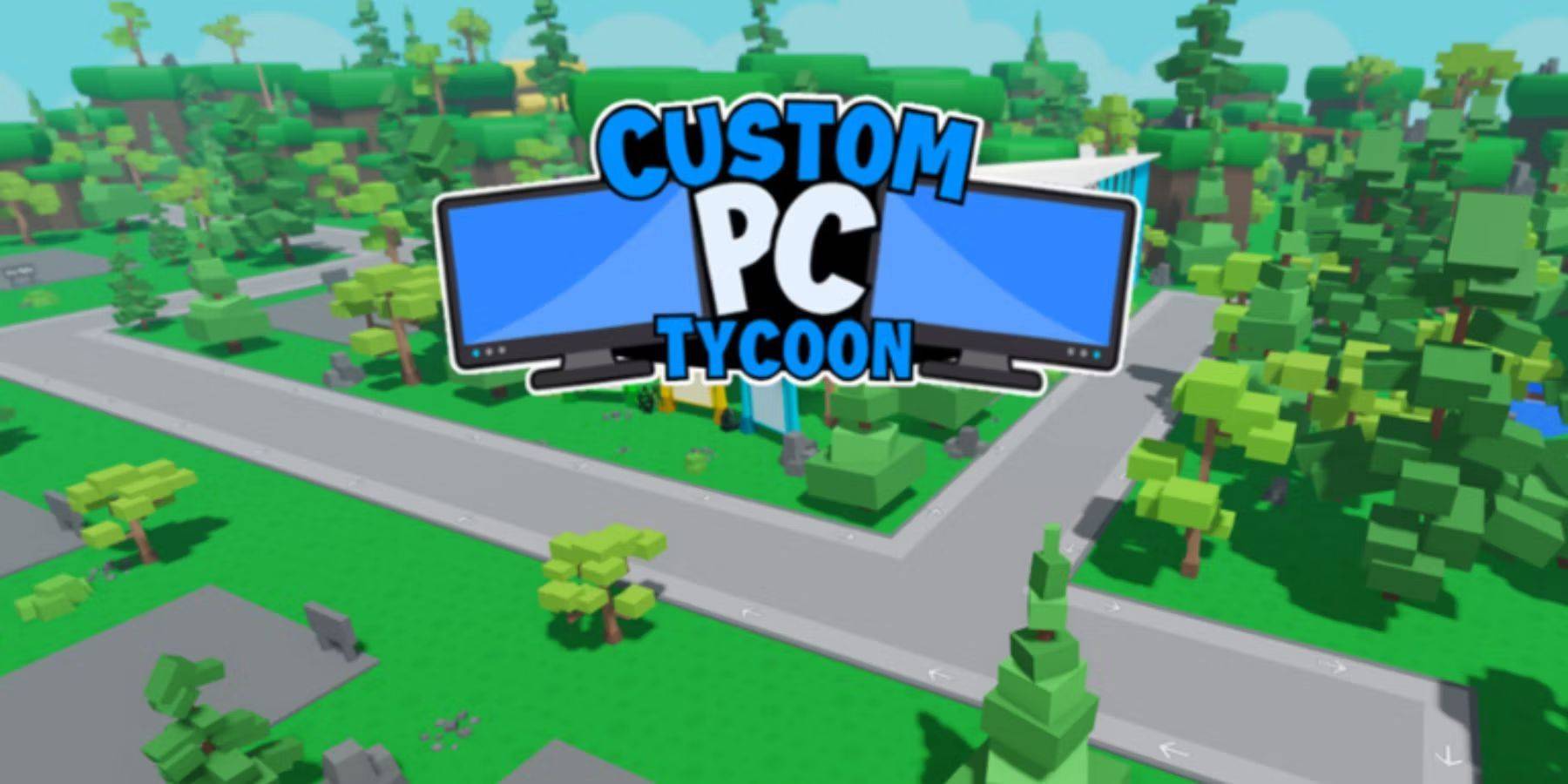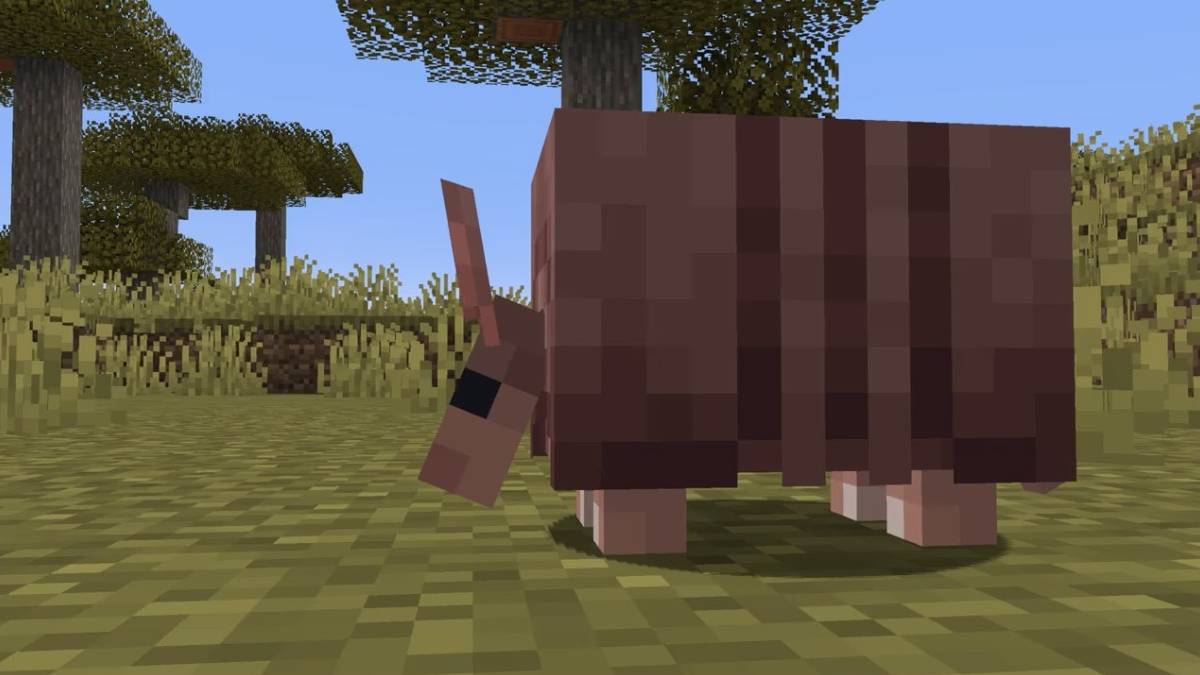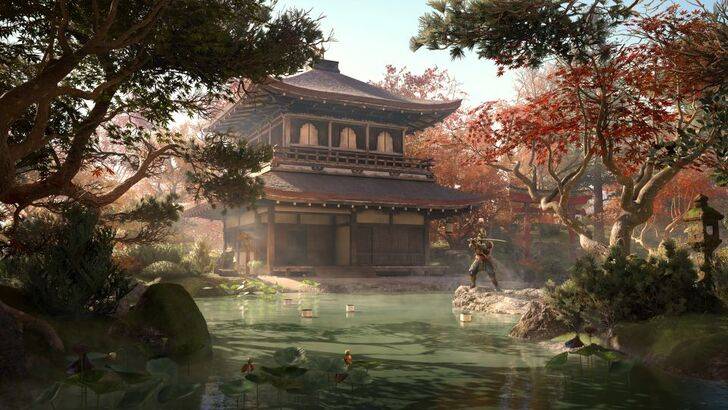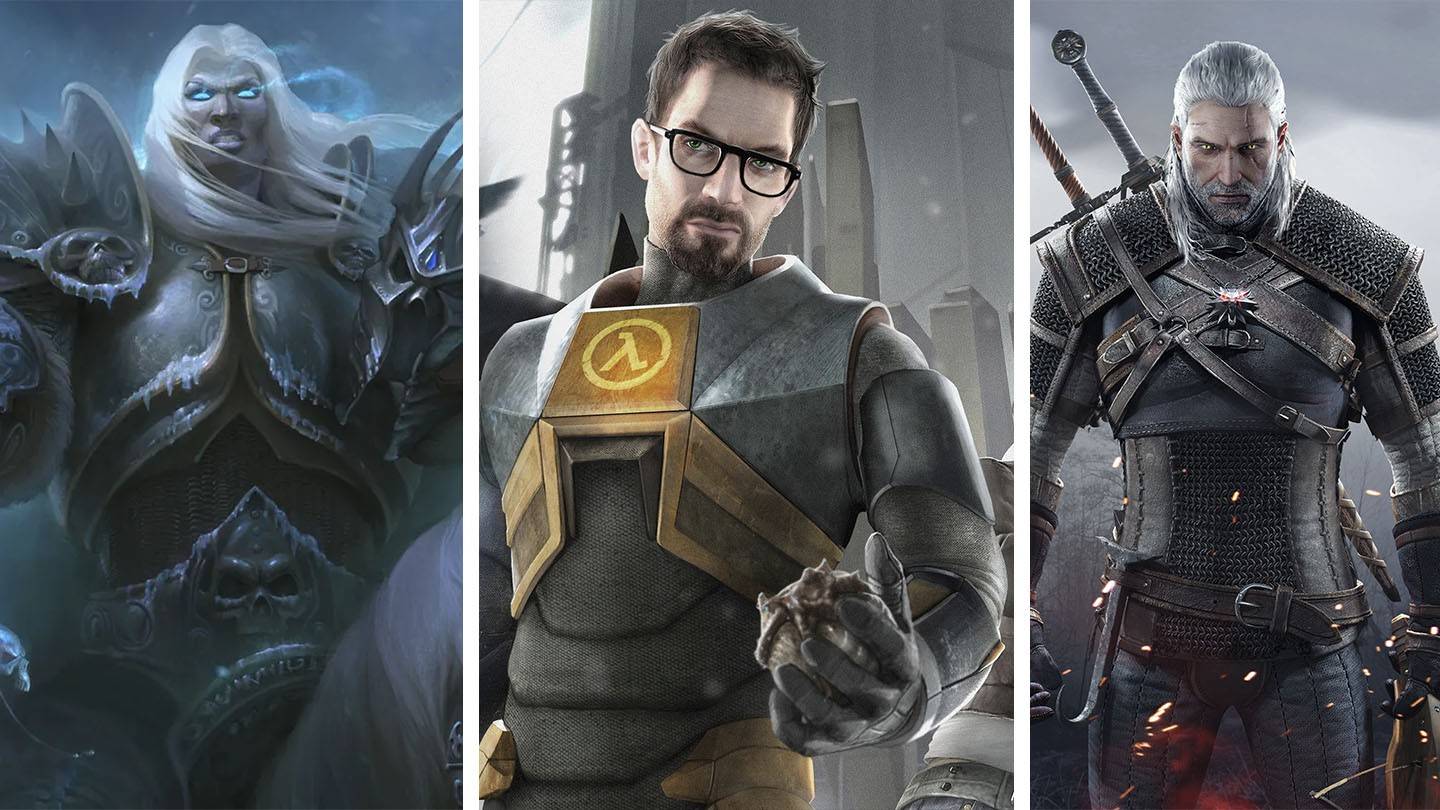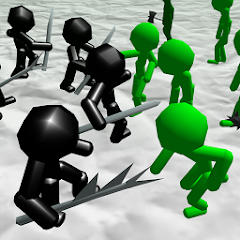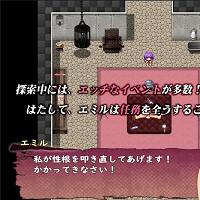Buried like a long-lost treasure within the latest Xbox Podcast episode was an exciting update about Playground Games' eagerly anticipated Fable. We're calling it "treasure" because it offered a rare sneak peek at gameplay, but "cursed" because it brought the news of a delay. Originally slated for release this year, Fable's launch has now been rescheduled for 2026.
Delays, while frustrating, often signal a commitment to quality. For Fable, this extra time could mean a more immersive and richly detailed world. But while we wait, why not dive into the earlier Fable games? I recommend revisiting or discovering Fable 2, the crown jewel of the series, released by Lionhead Studios in 2008. It's an RPG that stands out for its unique charm and gameplay.
By modern RPG standards, Fable 2 is delightfully unconventional. Even among its 2008 peers like Fallout 3 and BioWare's early 3D titles, it remains distinct. The game blends a traditional campaign with a quirky array of side quests, but its RPG mechanics are refreshingly simple. Instead of complex stats, Fable 2 uses just six main skills to govern your character's abilities. Combat, a staple in most quests, is straightforward yet entertaining, especially with creative spellcasting like the amusing Chaos spell, which makes enemies dance or scrub floors. And don't worry about dying; it's merely a minor XP setback.
Fable 2 is an ideal entry point into RPGs. When Oblivion's vast Cyrodiil might have overwhelmed newcomers in 2008, Fable 2's Albion offered a more digestible experience with smaller, navigable maps. With your loyal dog by your side, you can explore beyond the main paths to uncover secrets like buried treasure and Demon Doors, giving the world a grander feel despite its size. Albion's geography, however, is somewhat linear, guiding you from one landmark to another rather than allowing you to truly get lost.
While Albion may not match the expansive worlds of BioWare's Infinity Engine games or Bethesda's Morrowind, it excels in its bustling, lively simulation of society. Viewed through the lens of Maxis' The Sims, Fable 2 reveals a remarkable portrayal of daily life. Albion's citizens follow routines, with town criers announcing shop openings and the time. Each person has their own likes and dislikes, and you can interact with them using gestures to delight, insult, or even seduce. A well-timed fart might have pub-goers laughing into their beers, while mocking children could send them running to their parents. This reactivity sets Fable 2 apart, making its world feel truly alive.
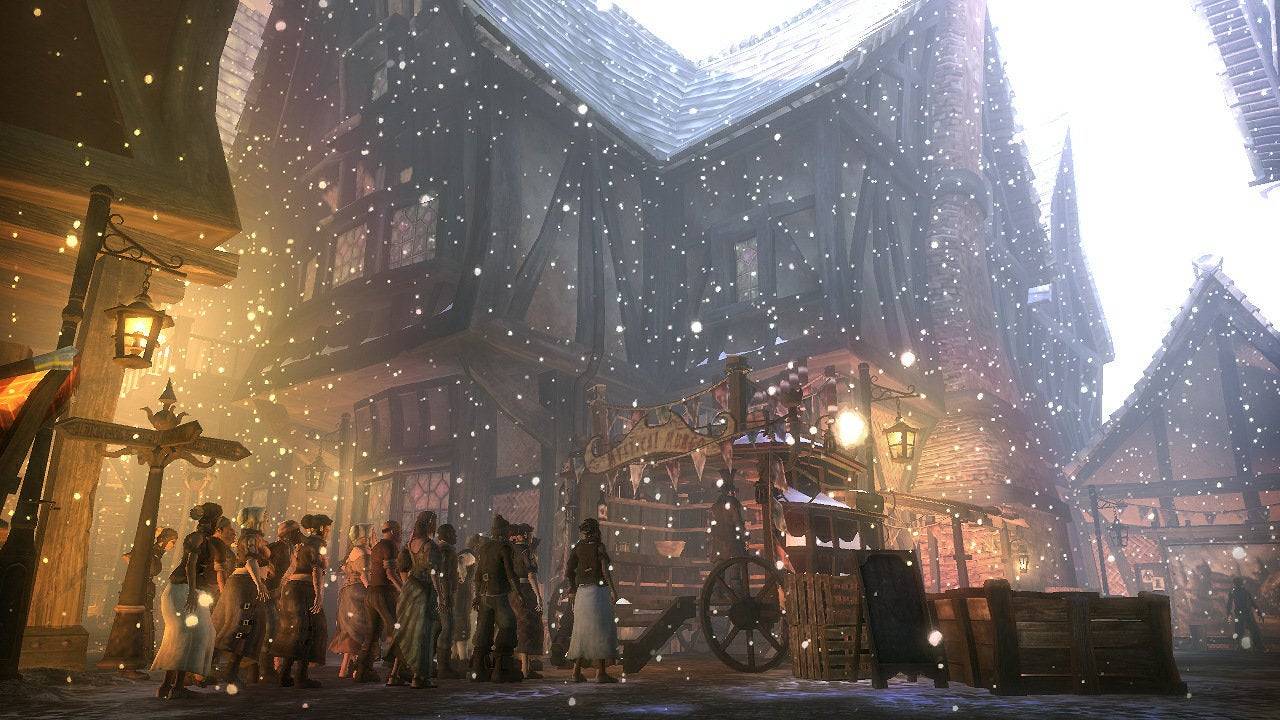
As a Hero, you're meant for grand adventures, but Fable 2 shines when you engage with its society. You can buy nearly every building, work mundane jobs like woodcutting or blacksmithing, and even become a landlord or furnish your own home. Romantic pursuits are equally engaging; woo an NPC with their favorite gesture and you might end up with a family. These elements, though artificial, create a convincing sense of life.
Few RPGs have replicated Fable's focus on societal interaction. Even the acclaimed Baldur's Gate 3 lacks Fable's unique approach to romance and property management. However, Red Dead Redemption 2 shares a similar ethos, with its responsive world and interactions. If Playground's new Fable is to remain true to its roots, it should draw inspiration from Rockstar's living world, not the current trend of tabletop-inspired RPGs.
Playground Games must also preserve Fable's quintessentially British humor, including its satire of the class system and its playful cheekiness. The inclusion of beloved actors like Richard Ayoade and Matt King in trailers is promising. But perhaps most crucial is maintaining Lionhead's distinctive approach to morality.
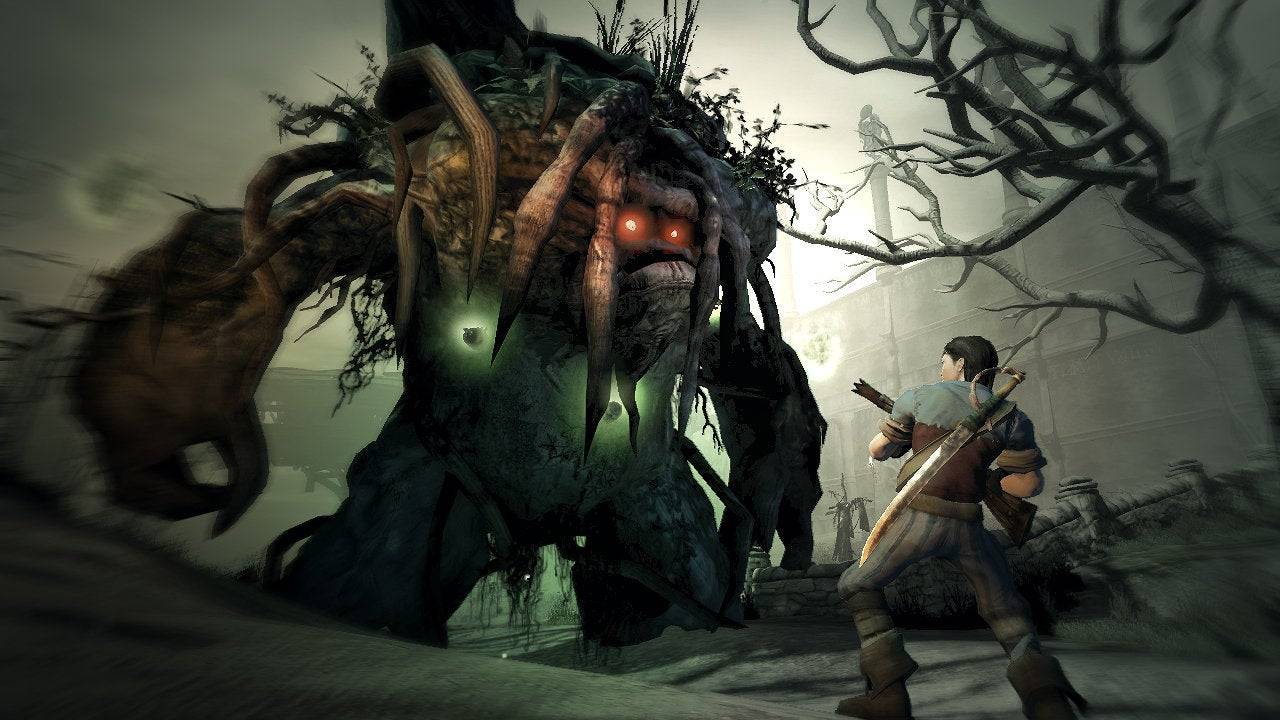
Peter Molyneux, the mastermind behind Lionhead and Fable, has always been fascinated with the dichotomy of good and evil. This was evident from Black & White and continued through Fable. Unlike the nuanced choices in The Witcher or BioWare's games, Fable 2 offers stark, binary choices that are either purely good or purely evil. This simplicity enhances the comedic extremes, like deciding whether to clear a warehouse of pests or destroy all its stock, or choosing to torment a ghost's former lover or marry her.
Modern RPGs often prioritize nuanced moral choices, but Fable thrives on its black-and-white approach. It allows you to be the ultimate hero or villain, a concept established in the first game and perfected in Fable 2. The sequel's quests and world react to your choices, making your path feel impactful and unique.
Playground Games' recent update included 50 seconds of pre-alpha gameplay, but it's hard to gauge the essence of Fable from such a brief clip. The footage hints at a more detailed and possibly more open world, with a dense, vibrant city suggesting the continuation of Fable 2's societal simulation. While we wait for 2026, revisiting Fable 2 can remind us why this series is so beloved and why it's crucial for Playground to preserve its quirky charm. Fable shouldn't become a clone of The Witcher or Baldur's Gate; it should remain true to its roots, farts and all.

 Latest Downloads
Latest Downloads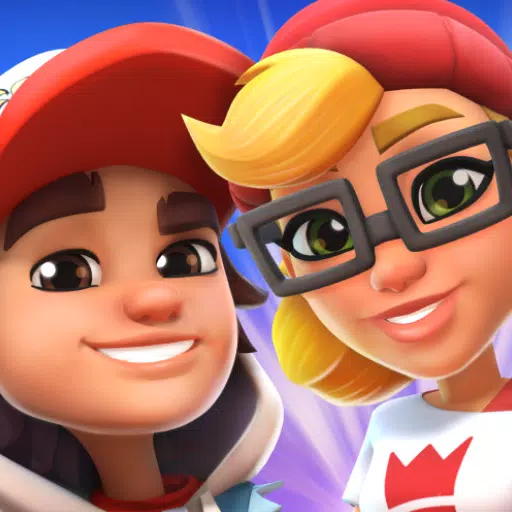
 Downlaod
Downlaod



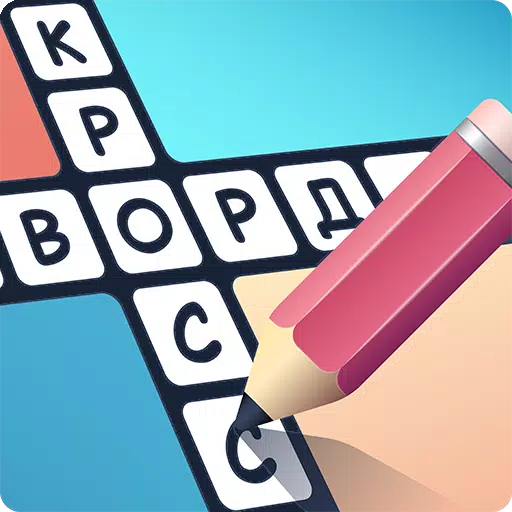
 Top News
Top News